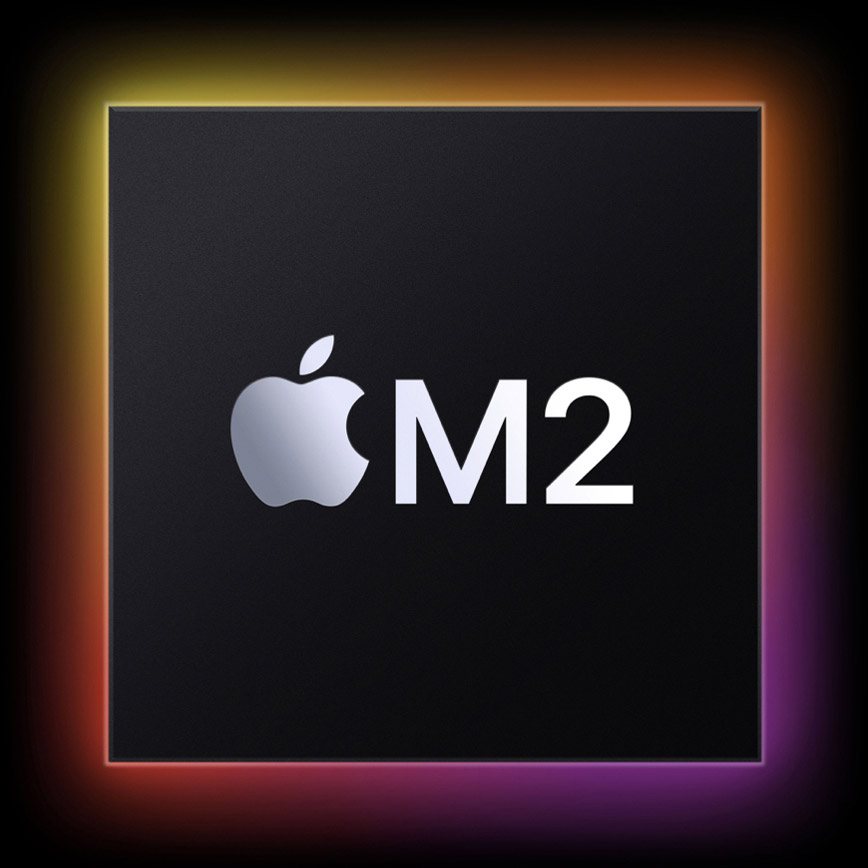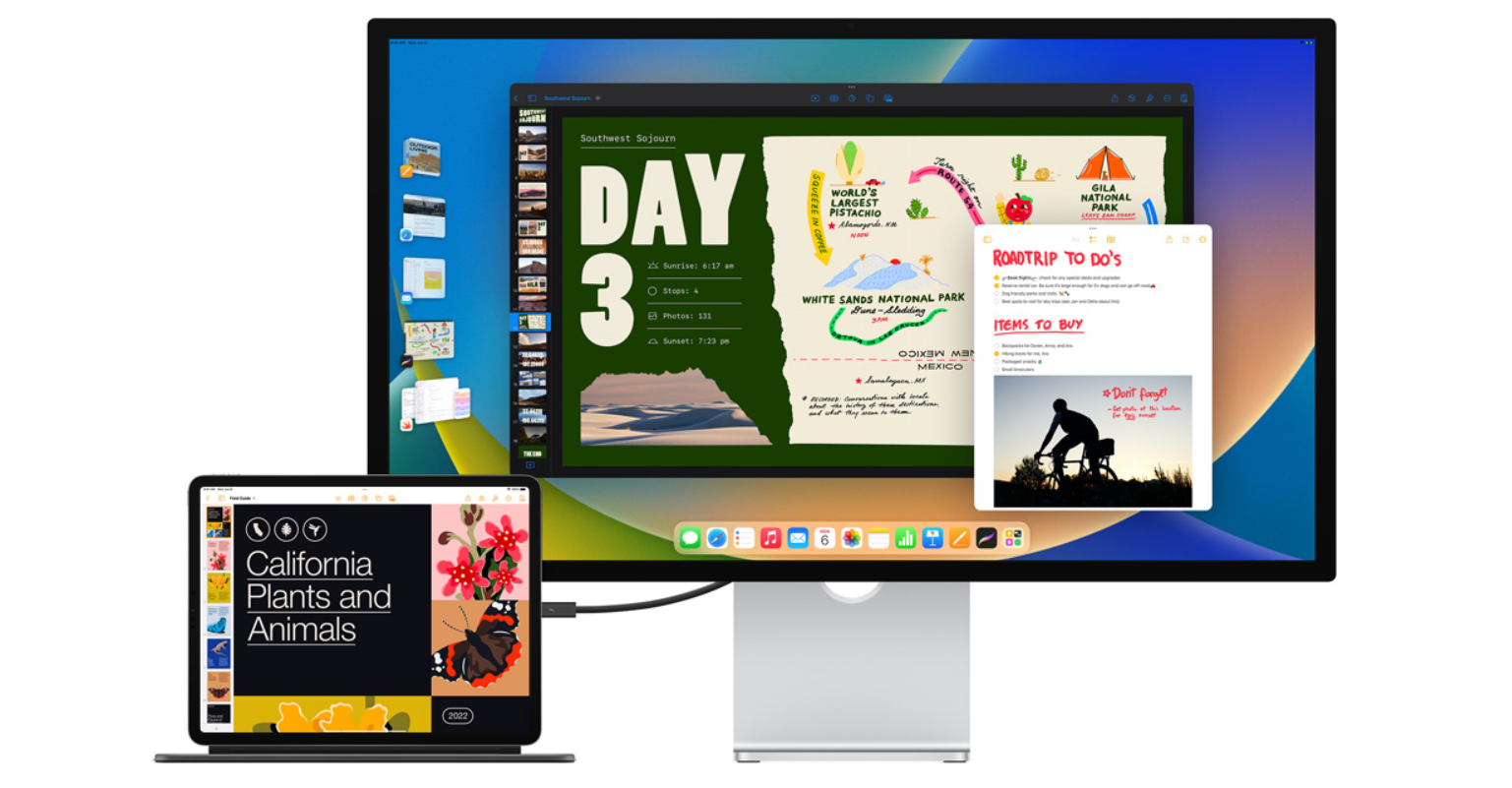Apple might have only just released its first M2-powered Mac in the shape of the MacBook Pro, but a new report claims that the next release — M2 Pro — will move to an all-new 3nm manufacturing process.
The report, initially by DigiTimes, claims that both the M2 Pro and M3 chips will use the advanced 3nm process.

“Apple reportedly has booked TSMC capacity for its upcoming 3nm M3 and M2 Pro processors,” said DigiTimes, in a report focused on competition between chipmakers like TSMC and Samsung to secure 3nm chip orders. As expected, the report said TSMC will begin volume production of 3nm chips in the second half of 2022.
It remains to be seen what the situation will be with the other M2 chips including the high-end M2 Max and M2 Ultra, but it seems likely that they too will be using the same manufacturing process.
While the move to a smaller manufacturing process doesn’t inherently mean for faster performance, it does normally allow chips to run faster thanks to a reduced power consumption and improved cooling capabilities. Both of those things would be beneficial in the higher-performance version of the M2 series.

Apple is expected to release new M2-powered Mac mini and MacBook Pro hardware later this year, while a new Mac Pro is expected to benefit from a new M2 Extreme chip.
You may also like to check out:
- Jailbreak iOS 15.5 On iPhone And iPad Status Update
- Download: iOS 15.5 Final IPSW Links, OTA Files Along With iPadOS 15.5 Released
- iOS 16 Beta Compatible And Supported iPhone, iPad, iPod touch Devices
- iOS 16 Beta 2 Download IPSW Links For iPhone, iPad Released
- iOS 16 Public Beta 1 Release Date Announced
- iOS 16 Beta 2 Profile File Download Of OTA Update Without Dev Account Out Now
- iOS 16 Beta 3 Download And Release Date: Here’s When To Expect It From Apple
- Download iOS 16 Beta 2 IPSW Links And Install On iPhone 13, Pro, 12, Pro, 11, Pro, XS Max, X, XR, 8, Plus, iPad [Tutorial]
You can follow us on Twitter, or Instagram, and even like our Facebook page to keep yourself updated on all the latest from Microsoft, Google, Apple, and the Web.

